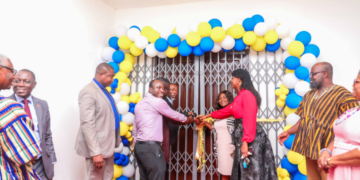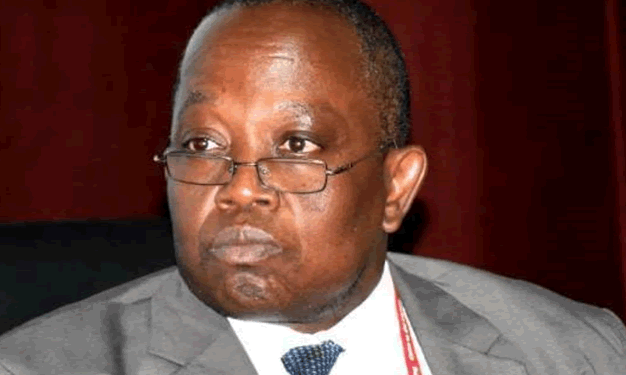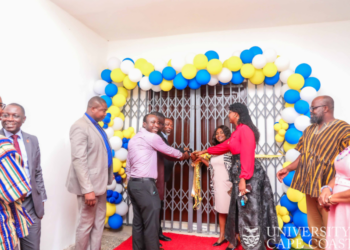In a landmark ruling, Ghana’s Supreme Court has declared President Akufo-Addo’s directive to force former Auditor General Daniel Domelovo to go on leave as unconstitutional.
This decision comes after a two-year legal battle initiated by the Centre for Democratic Development and eight other Civil Society Organizations, who argued that the President’s action was a violation of the office’s independence.
The controversy dates back to June 2020 when President Akufo-Addo directed Daniel Domelovo to take his accumulated annual leave of 169 working days.
The President’s directive also required Domelovo to hand over all matters relating to his office to his Deputy, Mr. Johnson Akuamoah Asiedu.
This move raised concerns about the independence of the Auditor General’s office.
The Centre for Democratic Development and other civil society organizations were of the view that the President’s action undermined the constitutional mandate and autonomy of the Auditor General.
After multiple appeals to the President to rescind the directive went unanswered, the case was brought before the Supreme Court in October 2020.
The legal battle centered on whether the President had the authority to force the Auditor General to go on leave.
After an extensive two-year hearing, the Supreme Court finally delivered its judgment, upholding the plea of the applicants.
The court ruled that the President’s directive violated the Constitution and declared it null and void.
This decision reaffirms the importance of preserving the independence of constitutional bodies and upholding the principles of checks and balances in Ghana’s governance.
The order for Daniel Domelovo to proceed on leave was issued in the midst of a separate legal matter involving the Senior Minister and officials from the Ministry of Finance.
They had sued Domelovo, alleging breaches of the Public Procurement Act (PPA) and the payment of US$1 million to a private UK firm, Kroll and Associates.
It’s worth noting that in May 2020, the Auditor General was found guilty of contempt for failing to respond to a suit filed by the Senior Minister, Yaw Osafo-Maafo.
The court deemed his reason for the lack of response as “untenable and an afterthought.”
This Supreme Court ruling sets an important precedent for the protection of institutional independence and the proper functioning of checks and balances in Ghana’s democracy.
It affirms the constitutional rights of key public officers and underscores the need for transparency and accountability in governance.
Read also: Renowned Ghanaian poet and author Ama Ata Aidoo dies at 81
Source: Enock Chanimbe/ATLFMNEWS



























